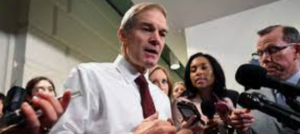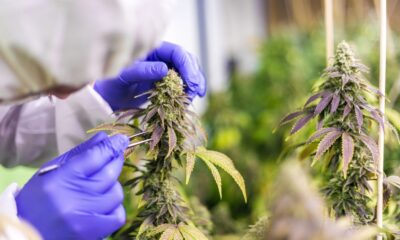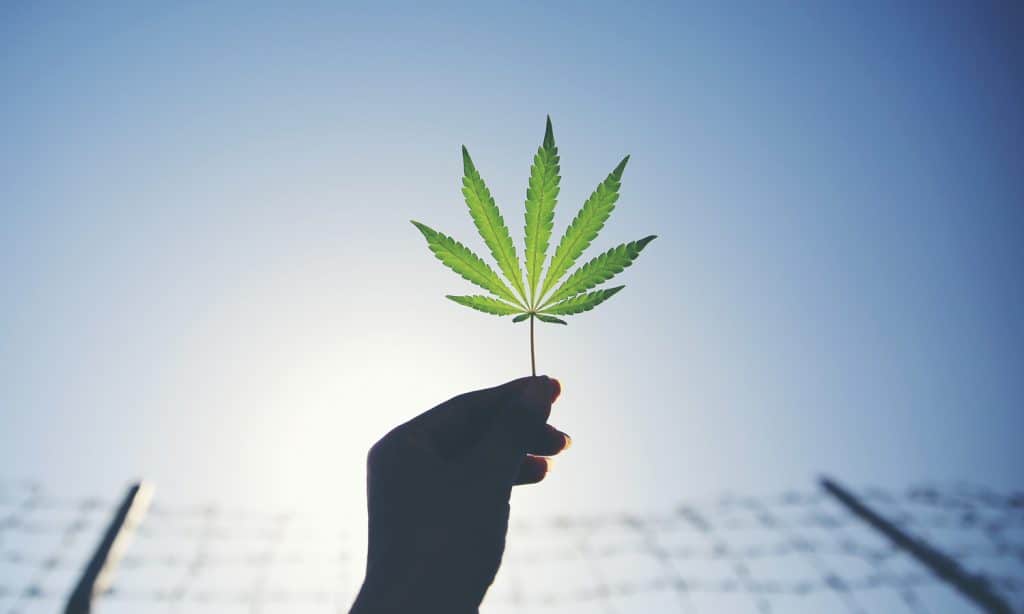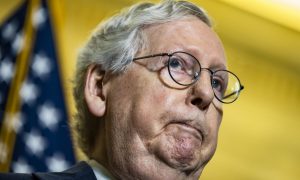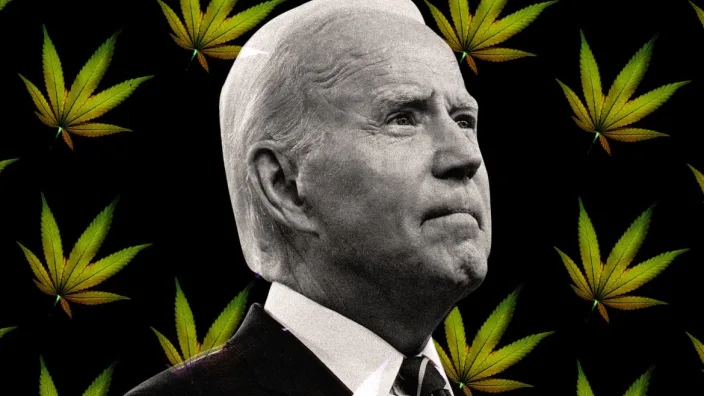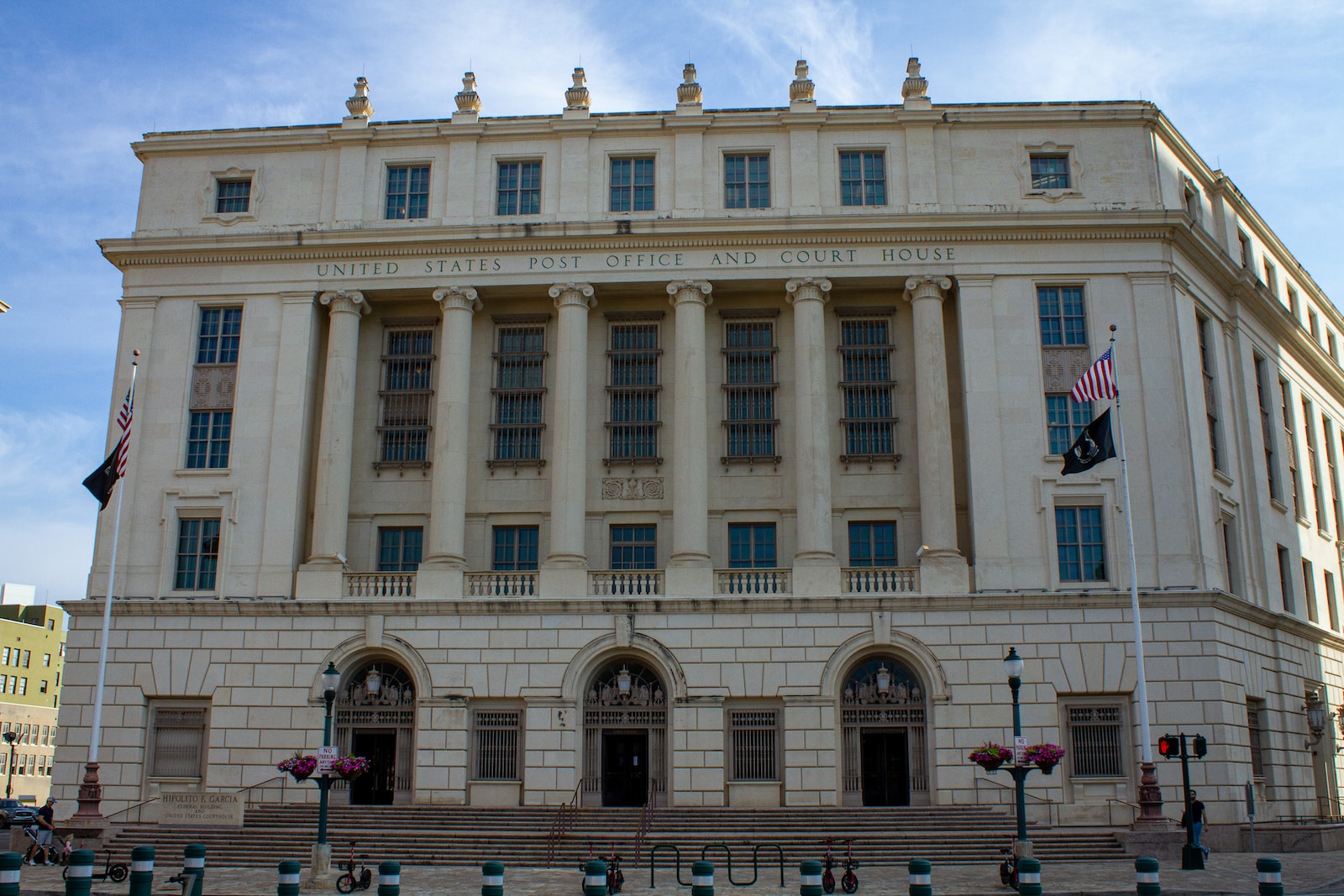The U.S. Department of Health and Human Services (HHS) has recommended reclassifying cannabis to Schedule III, or a lower-risk drug.
Currently, cannabis is considered Schedule I under the Controlled Drugs and Substances Act. This places it in the same category as heroin. Schedule I drugs don’t have medical value and have a high potential for abuse.
Last October, the Biden Administration initiated a process to examine whether cannabis belongs in this category. Despite legalization in many states (and medical cannabis legal in all but seven states), at the federal level, cannabis is illegal even for medical uses.
The White House assigned the task to the Food and Drug Administration (FDA). They funnelled the responsibility to the National Institute on Drug Abuse and the HSS. The HHS then sent a letter of recommendation to the Drug Enforcement Administration (DEA).
If this all sounds bureaucratic and contrary to the country’s founding principles, join the club.
So does this mean cannabis is a Schedule III drug now? Not exactly. The HHS conducted a “Scientific and medical evaluation” for the DEA to consider. The DEA is not required to follow their recommendation.
The White House isn’t any help either.
“The administration process is an independent process led by HHS, led by the Department of Justice, and guided by evidence,” White House Press Secretary Karine Jean-Pierre told reporters. “We’re just not going to comment on that.”
Now It’s Up to the DEA
With the covid cannabis bubble fully deflated and banking reform making no more progress in 2023 than in 2022 or 2021, investors are turning away from cannabis in the USA.
Capital is drying up as banks and other financial institutions crack down on the “illegal” industry. Trade across state lines is verboten, resulting in some areas with a glut of cannabis and a drop in prices, while others deal with high prices and scarcity.
A federal reclassification can expand the market by eliminating trade and banking restrictions.
In the letter to the DEA, the HHS said the government should regulate cannabis as a Schedule III drug. Schedule III means moderate to low potential for physical and psychological dependence. If moved, cannabis will join ketamine and anabolic steroids.
Rescheduling cannabis is now in the DEA’s hands.
The HHS recommendation took nearly a year to complete. Meanwhile, the media parrots Biden’s executive federal pardon of low-level cannabis convictions as if he freed anyone. (Nobody is in federal prison for small-time cannabis offences).
Many, including CLN, suspect any maneuvers from the Biden administration regarding cannabis are simply posturing for the 2024 election. That sentiment prompted Biden to initiate this review and enact “federal pardons” before the mid-term elections.
The idea is that young voters will turn out to vote Democrat if they promise to reform cannabis laws.
But even if the DEA agrees and by the end of the year, cannabis is a Schedule III drug, it still doesn’t end prohibition.
HHS: Cannabis to Schedule III
The HHS letter to reclassify cannabis to Schedule III seems like good news. However, unauthorized possession of a Schedule III drug is still a crime.
The White House will still consider state-level recreational and medical cannabis illegal. That said, there is good news about the HHS’ recommendation to reclassify cannabis as Schedule III.
Because cannabis is federally prohibited, state-legal businesses can’t use the federal tax code like other businesses. This means they can’t make exemptions for business expenses like benefits.
However, that code doesn’t apply to Schedule III Drugs. If the DEA approves the HHS’ recommendation and reclassifies cannabis to Schedule III, the U.S. cannabis industry will pay far less federal taxes.
The industry needs this reform. At this point, the SAFE Banking Act is unlikely ever to become law. Unfortunately, as is all too common these days, the legislators have failed, and the unelected administrative bureaucracy is making all the decisions.
But beyond banking, the HHS recommendation to reclassify cannabis as Schedule III means research would be more available.
Universities and pharmaceutical companies face fewer restrictions on Schedule III drugs than Schedule I. But, this can be a double-edged sword.
Schedule III drugs aren’t available over the counter like cannabis is in legal states. To better align with federal policy, some states may restrict how accessible cannabis is.
But most analysts assume the rescheduling (if it happens) will have little impact on state-level cannabis markets, which already violate federal law.
What is the Proper Role of the U.S. Federal Government?
While some applaud the HHS’ recommendation to reclassify cannabis to Schedule III, others have a mixed response. As mentioned, Schedule III won’t end the criminalization of cannabis or legitimatize the state-level producers and operators.
More importantly, nobody can point to where the Constitution prohibits cannabis. Federal laws on cannabis prohibition are unconstitutional and, therefore, void.
States have been correct to reassert their sovereignty over this matter.
Unlike most countries, where the central government can overrule states, territories, or provinces, in the United States, it’s the other way around.
States formed the federal government and can leave the Union whenever they please.
Some argue that the 19th century War Between the States debunked this idea. But as the saying goes, history is written by the winners.
And since the North won the war, it’s been rebranded as a war to free the slaves. Yet, any credible history book written before the 1960s doesn’t seriously entertain this idea.
Like much of our contemporary ideas on politics and the proper role of the state, a post-WW2 “Great Society” revolution overtook America and the West.
“Political scientists” merged civil society and the state into one entity. To argue against public education, for example, was to argue against all education.
Absurdities like “we are the government” and that the national debt is something “we owe to ourselves” became commonplace.
The tide may be turning. So-called “right-wing” populism promotes this separation between state elites and the commoners they rule over.
Yet, we’ve got a long way to go. The response to the HHS’ recommendation to reclassify cannabis as a Schedule III drug sheds light on this subject.
The only proper response to the news is to ask these bureaucrats where in the Constitution they have the authority to regulate cannabis.
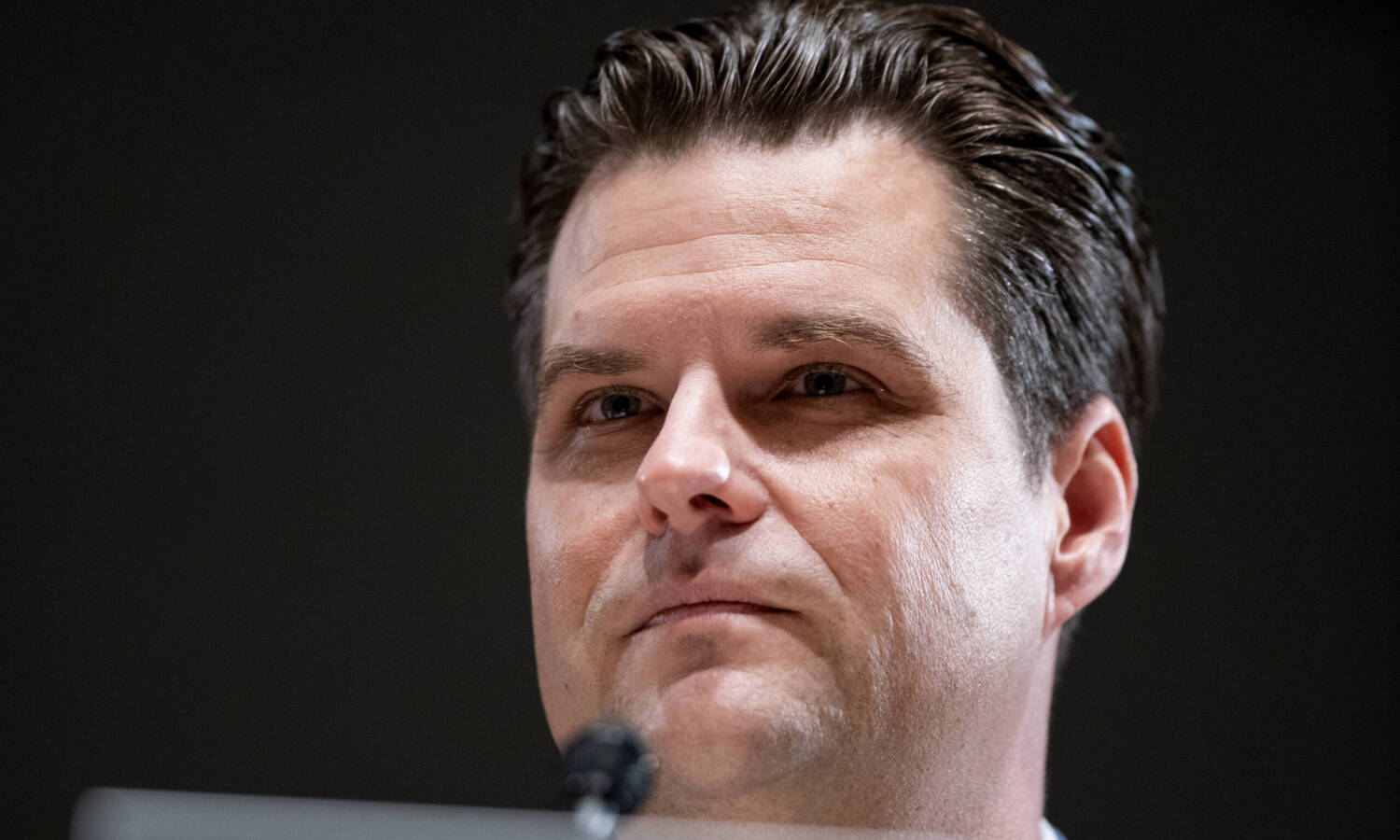

 Cannabis News1 year ago
Cannabis News1 year ago
 One-Hit Wonders1 year ago
One-Hit Wonders1 year ago
 drug testing4 months ago
drug testing4 months ago
 Cannabis 1011 year ago
Cannabis 1011 year ago
 Marijuana Business Daily1 year ago
Marijuana Business Daily1 year ago
 Education1 year ago
Education1 year ago
 Education1 year ago
Education1 year ago
 Cannabis1 year ago
Cannabis1 year ago


